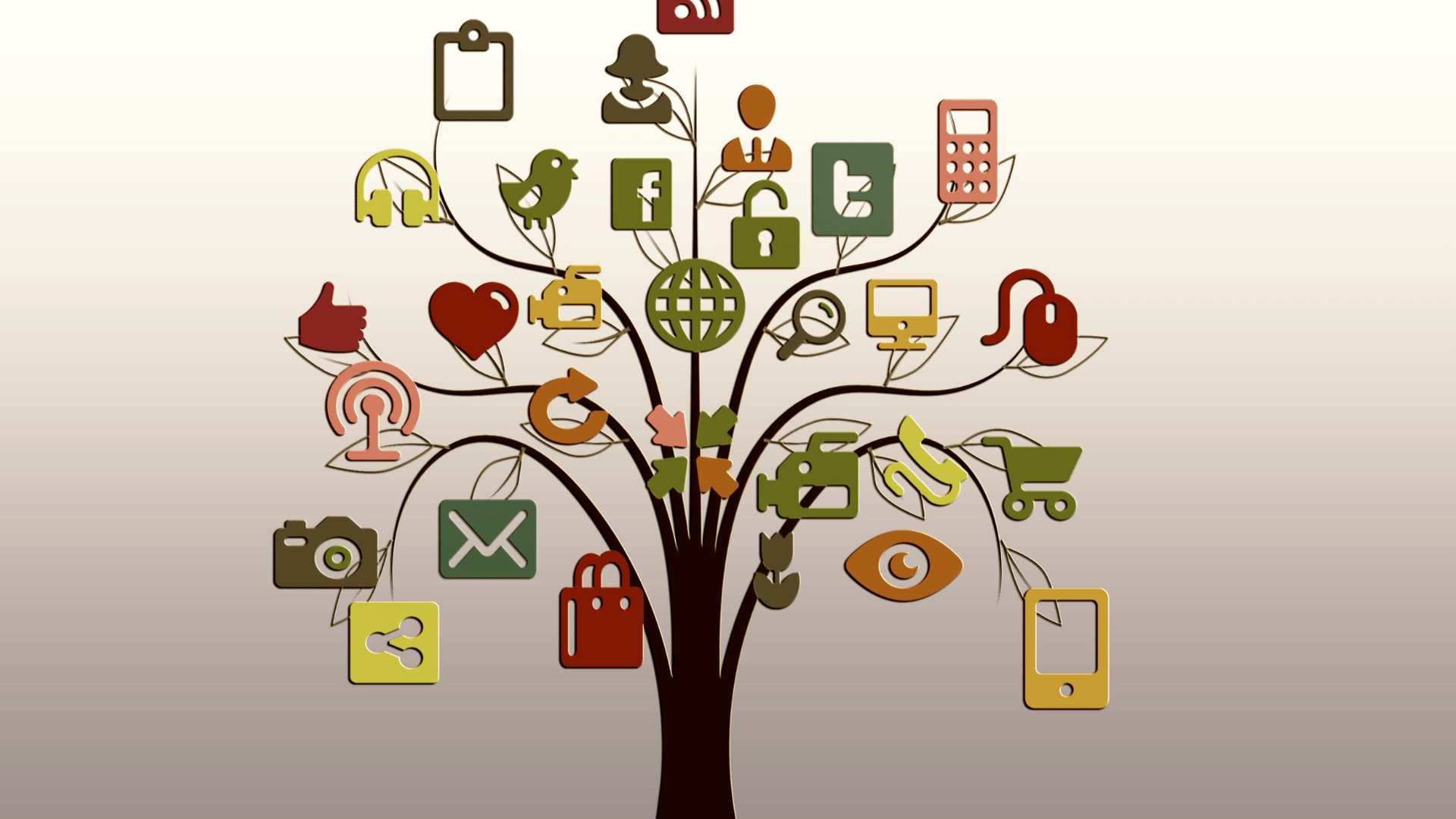
Six reasons to start networking right now - Networking Hacks Part 1
Some of our clients cringe just a little inside when we mention the term "networking" as a necessity for career success. Many think it means asking friends for favours, collecting business cards for the sake of it, ruthlessly looking for ways to exploit our contacts and something only extroverts can do well.
Well, it doesn't need to be like that. Re-framing our mindsets around networking can be as simple as developing the mindset of 'relationship building' with the purpose of mutual benefit.
At Bravo Careers our definition of networking is:
"Creating a group of acquaintances and associates and keeping it active through regular communication for mutual benefit. Networking is based on the question 'How can I help?' and not with 'What can I get?' ”
If we think of networking as building relationships, we come to it with a completely different mindset. And in this time of lockdowns and working from home it is a great time to stay connected to each other.
6 reasons why you should start networking now
The benefits of networking go far beyond getting that next job and the activity is equally important even if you’re not in the market for a career change. Here are six reasons why you should get moving on it now.
1. It’s potentially even harder if you have to jump into it unexpectedly. Better to have started your networking before you are in urgent need of a new role - have some “irons in the fire” so to speak.
2. As many as 75% of jobs are secured through networking activities. At higher levels in an organisation the figures are probably higher
3. You gain information on industry trends, requirements and key players which may greatly benefit you when you do start a job search.
4. You improve your professional profile, making yourself more visible to prospective employers and head hunters, while also making yourself known to more people of influence who may be “looking for somebody” later.
5. You obtain ideas for possible career moves in the future which may offer you a new slant on a profession to pursue that you hadn’t previously considered.
6. You may make new friends! People love to kelp by sharing their industry knowledge and/or giving advice. So don’t be intimidated by meeting people for the first time. They wouldn’t be taking time out of their busy day if they didn’t want to help in the first place.
So you see, there are a lot of reasons for picking up the phone, sending that email, or commenting on that blog post by someone we may want to get to know. We never know what lies around the corner, (who saw Covid coming?) so taking the time to network as a matter of routine may prove to come in handy when the time does arrive and we are thinking about making a career move. And while I have your attention why not get started now and consider…
So who are your network?
Your network consists of everyone you know, and those you do not yet know. (My father says strangers are just friends we haven't met yet).
When you are getting in touch with people, it is important to keep in mind that you are not asking these people for a job, you are simply asking for advice, information and/or contacts.
You need to think very creatively about whom you currently know. The purpose of getting a networking list together, and then contacting your network, is to generate a list that will be self-perpetuating. That is, people you currently know will give you names of others. When you meet others, they too will give you other contacts and so the process continues.
It is a good idea when developing your initial list to actually list all of the people you know. Remember that even if they can't help you they may know someone who can. Just because the initial contact may not appear to be directly relevant to your industry, do not underestimate the power of other contacts. So when making your list obviously you will start with:
• Family
• Friends
• Work contacts (peers, colleagues, managers, internal contacts, customers)
• Previous work contacts (peers, colleagues, managers, internal contacts, customers)
But then you may extend your reach out to:
• Church members or religious leaders
• Business associations
• Any outside club contacts sporting clubs, rotary clubs etc
• Doctors, dentists, other medical specialists
• Local business contacts
• University friends
• Professional services you use such as your accountant, lawyer, financial planner and tradespeople
• School committee members
• Neighbours and neighbourhood watch committees
You should end up with a reasonably long list, even before you start looking at LinkedIn and connecting there (we will be covering that in a future blog).
Once you have decided who is in your current network you can go to the next step. (See our blog post 'Networking Hacks - Part 2' )
For more advice on networking and developing your professional contacts, contact the career consultants at Bravo Careers.